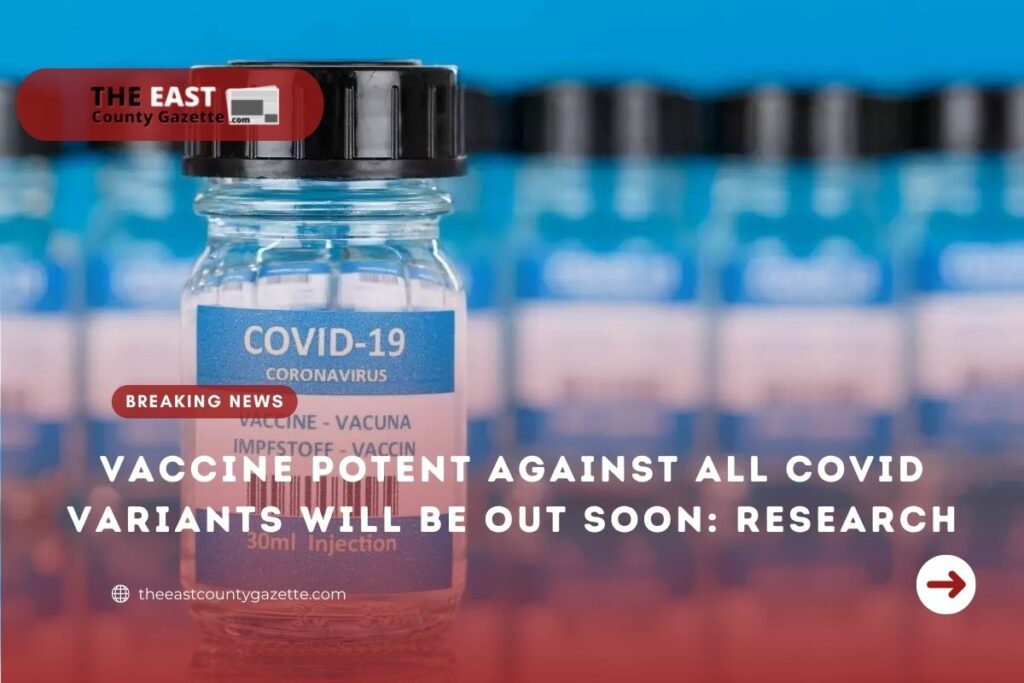The Walter Reed Army Institute of Research is expected to announce within the next few weeks the development of an effective vaccine against COVID-19 and all its variants, including Omicron.
According to Defense One, this achievement comes after almost two years of research on the virus.
Early in 2020, Army labs received their first DNA sequence for the COVID-19 virus. Infectious diseases experts at Walter Reed focused their efforts on developing a vaccine that would not only work against the existing strain but also against the potential variants of it.
They had created a new COVID-19 vaccine called Spike Ferritin Nanoparticle, or SpFN, which was completed earlier this year with positive results in animal trials.
Dr. Kayvon Modjarrad, director of Walter Reed’s infectious diseases branch, said in an exclusive interview with Defense One that phase 1 of human clinical trials has finished, with positive results that are undergoing final review.
Scientists at Walter Reed have developed a vaccine that uses a soccer-ball-shaped protein with 24 faces that permits them to affix the spikes of multiple coronavirus strains to different faces of the protein, different from existing vaccines. “It’s very exciting to get to this point for our entire team and I think for the entire Army as well,” Modjarrad stated.
Read More: Which State Is Fronting an Imminent Egg Shortage?
To test the vaccine on human subjects, the lab needed to find subjects who had not previously been vaccinated or infected with COVID, he disclosed.
As vaccination rates increased and the Delta and Omicron variants spread rapidly, it became more difficult to get that.
“With Omicron, there’s no way really to escape this virus. You’re not going to be able to avoid it. So I think pretty soon either the whole world will be vaccinated or have been infected,” Modjarrad continued.
For Walter Reed, the next step is to see how the new pan-coronavirus vaccine interacts with people who have already been vaccinated or sick in the past. Walter Reed is currently partnering with an industry partner that has yet to be named for this time.
“We need to evaluate it in the real-world setting and try to understand how does the vaccine performs in much larger numbers of individuals who have already been vaccinated with something else initially…or already been sick,” Modjarrad explained.
He continued explaining that phase two and three trials still have to be conducted on the new vaccine.
Virtually all of Walter Reed’s 2,500 employees have been involved in the vaccine’s development over the past two years.
“We decided to take a look at the long game rather than just only focusing on the original emergence of SARS, and instead understand that viruses mutate, there will be variants that emerge, future viruses that may emerge in terms of new species. Our platform and approach will equip people to be prepared for that.”

